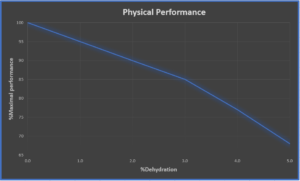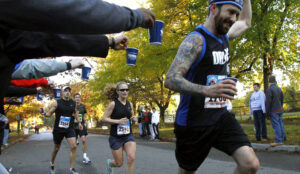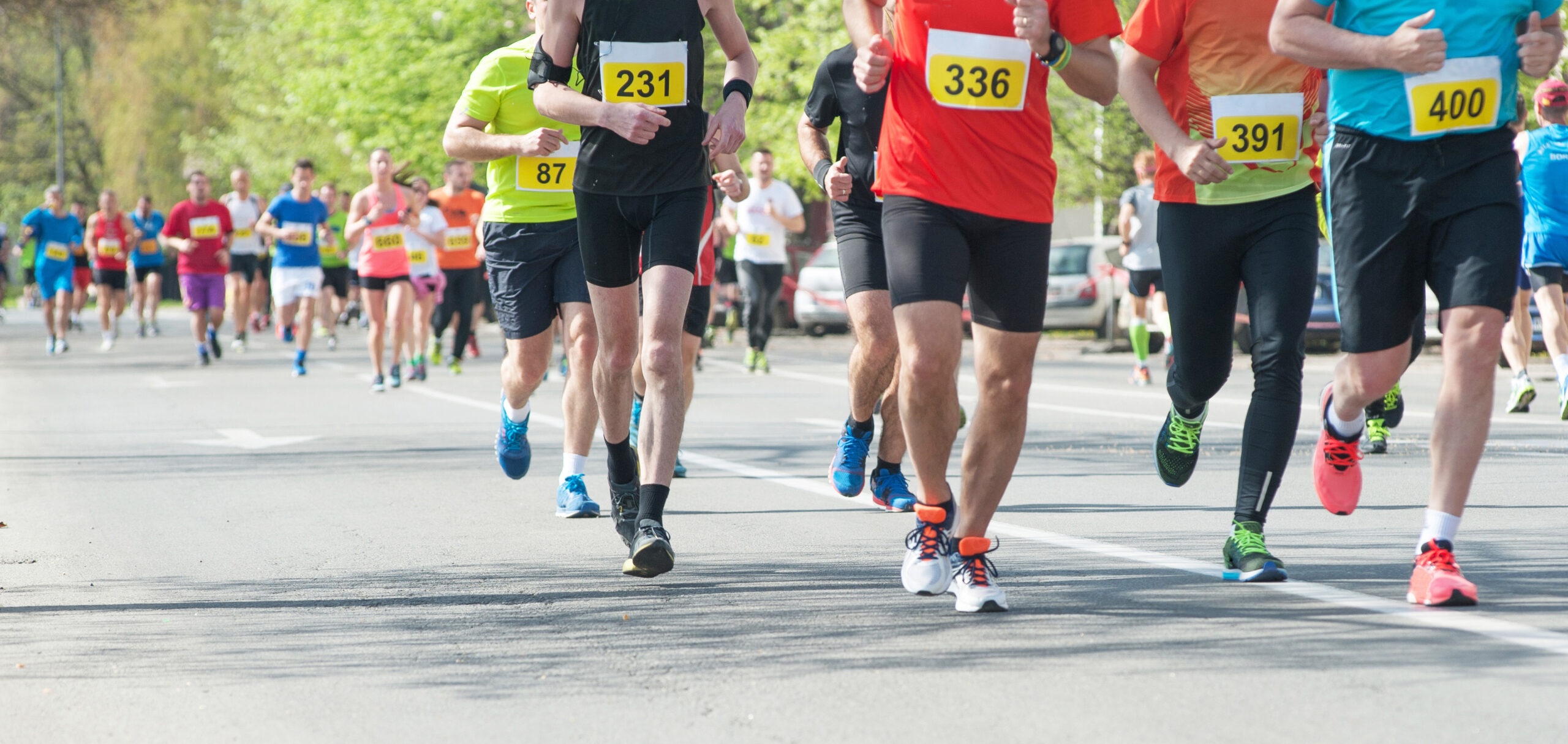High intensity exercise bouts sometimes lead to dehydration. But dehydration is often overlooked and that affects our sports performance.
Prolonged duration of physical activity can cause an increase in the body’s core temperature. This leads to loss of fluids and electrolytes due to increased sweating causing dehydration.
Dehydration occurs when your fluid loss exceeds the fluid intake and your body is unable to perform its normal functions. Although fatal, dehydration is often overlooked. In midst of strenuous physical activity many a times people do not feel thirsty until they are already dehydrated, thus thirst cannot be considered as a reliable indicator of early dehydration. Here are a few of the common symptoms-
- Increase in body temperature
- Dry mouth
- Muscle weakness, cramps, or spasm
- Dizziness
- Headache
- Nausea
- Weakness
- Dry skin
- Dark concentrated urine, little or no urine output
- Rapid heartbeat
- Mental confusion
- Loss of consciousness, fainting (syncope)
Severe dehydration may lead to heat illness wherein the athlete should be moved to a shaded area and call for immediate medical assistance.
Apart from regular training, optimal athletic performance requires proper nutrition, adequate rest and sufficient hydration. In particular hydration is often undervalued as a component of maximal athletic performance. A noticeable decrease in physical and mental capacity to perform is observed when you lose sweat equal to 2% of your body weight.
 Dehydration is known to have adverse impacts on your athletic performance. It can cause a reduction in the blood volume which the body compensates by retaining more sodium in the blood. This thick and concentrated blood is hard to circulate causing strain on your heart.
Dehydration is known to have adverse impacts on your athletic performance. It can cause a reduction in the blood volume which the body compensates by retaining more sodium in the blood. This thick and concentrated blood is hard to circulate causing strain on your heart.
If you do not provide your body with enough hydration, it is unable to sweat and effectively regulate temperature. This puts you at an increased risk for heat stroke and heat exhaustion. Thus, the cardiovascular and thermoregulatory responses are limited by dehydration which have a negative impact on your optimal sports performance and may compromise positive training-induced hemodynamic adaptations.
Increase in core temperature during dehydration leads to an increase in the rate of glycogen breakdown in muscles which produces lactic acid thereby causing skeletal muscle fatigue during the physical activity. Adequate fluids help in keeping the joints lubricated.
Dehydration may lead to joint discomfort, inflammation and pain affecting your performance. Healthy hydration helps to eliminate the wastes, toxins, and excess acid from muscles. It also aids cellular repair which helps in the faster healing of micro-tears post the exertion phase.
 Sports performance also suffers when the nerve and muscle impulses become inefficient as dehydration deprives the body of the essential minerals. Along with the physical impairments, dehydration affects cognitive functions like reaction time, task performance and mood state.
Sports performance also suffers when the nerve and muscle impulses become inefficient as dehydration deprives the body of the essential minerals. Along with the physical impairments, dehydration affects cognitive functions like reaction time, task performance and mood state.
Each body is different and fluid requirements vary from one individual to another. How much fluid you need to consume is dependent largely on your genetics, fitness level, acclimatization status, clothing, weather, and how much you sweat during the workout.
There is no universal fluid replacement strategy for all athletes so competitive athletes who are focused on achieving maximal performance can use hydration-assessment methods which involve monitoring changes in body weight, urine color and thirst to implement personalized hydration strategies.
For individuals with high salt content in their sweat or athletes competing in long-duration events or high-intensity exercise bouts, the addition of electrolytes, carbohydrates, vitamins, minerals and antioxidants to fluids may provide additional benefits. While sports and energy drinks might be necessary for certain athletes depending on their training, water remains as the ideal choice of beverage for hydration.
 As we came to know that dehydration can be a crucial obstacle in achieving peak athletic potential, one question that might come to your mind is that “can drinking too much water also undermine your exercise performance?” …… well, the answer is yes, you can.
As we came to know that dehydration can be a crucial obstacle in achieving peak athletic potential, one question that might come to your mind is that “can drinking too much water also undermine your exercise performance?” …… well, the answer is yes, you can.
Excess fluid intake can lead to exercise- associated hyponatremia (EAH), which occurs when plasma sodium concentrations become too low. It may lead to severe health consequences. Thus, it is necessary to prevent large fluid deficits while also avoiding excess fluid intake during exercise. So, we understand that balance is the key to hydration.
Adequate hydration and proper electrolyte balance play a very important role in, boosting energy levels, ensuring proper muscle and nerve function, allowing your heart to work more efficiently, having better cognitive performance, and optimizing your maximal athletic potential.




